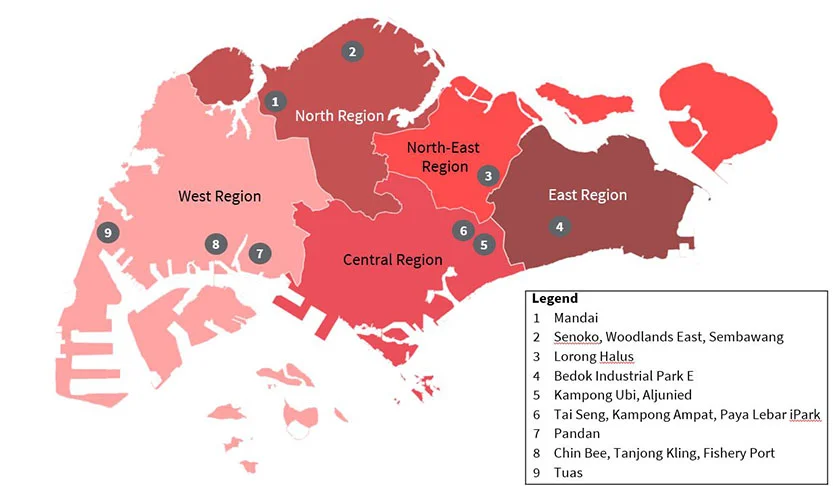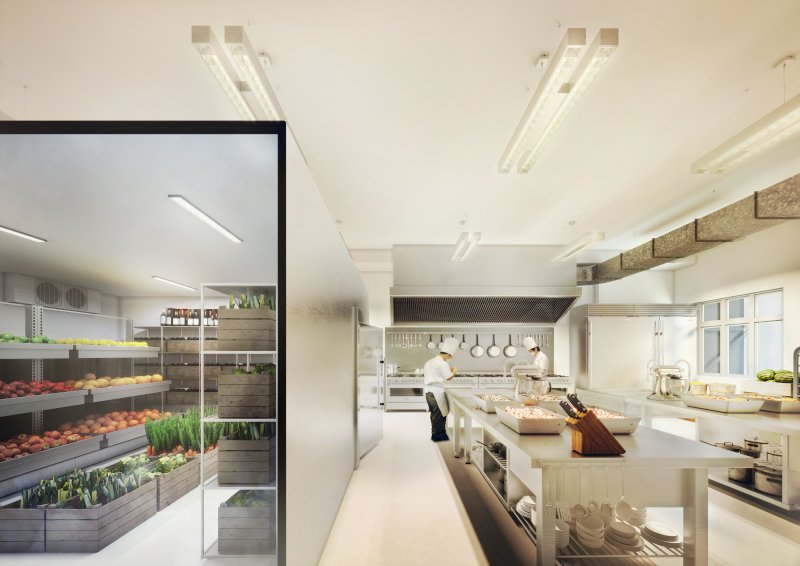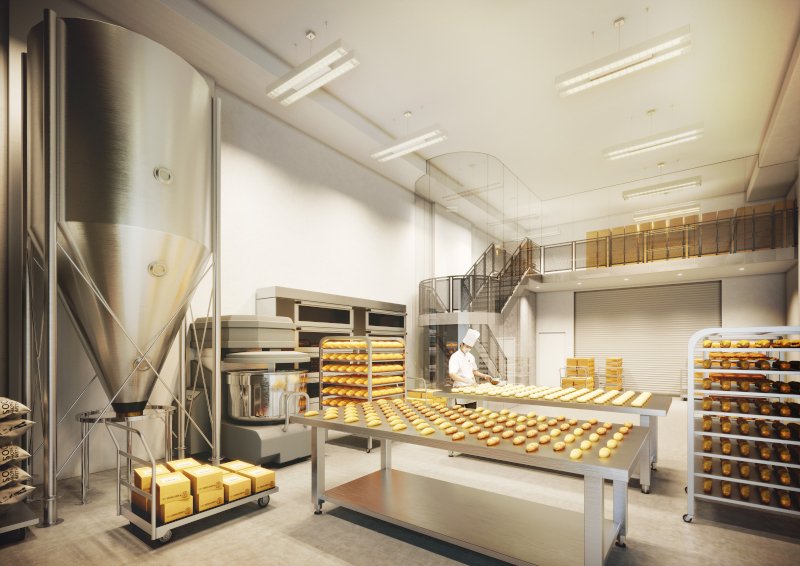Singapore’s strategic location, robust economy, and vibrant food scene make it an appealing destination for entrepreneurs looking to start a food factory. The food manufacturing sector is a key contributor to Singapore’s economy, offering opportunities for both local consumption and export. Starting a food factory in Singapore involves several steps, from conceptualization to operation.
Starting a food factory in Singapore requires careful planning, adherence to strict regulations, and continuous innovation. By understanding the market, setting up an efficient production facility, and focusing on quality and safety, you can establish a successful food factory in Singapore’s competitive landscape
Understanding the Singaporean Market
Market Research
Before diving into the food manufacturing industry, it’s crucial to conduct thorough market research. Understanding consumer preferences, current trends, and potential gaps in the market can help you identify the type of food products that are likely to succeed. Additionally, analyzing competitors will provide insights into their strengths and weaknesses, helping you position your factory effectively.
Singapore is known for its strict food safety standards and regulations. Familiarize yourself with the requirements set by the Singapore Food Agency (SFA) and other relevant bodies. This includes understanding the licensing requirements, food safety standards, and import/export regulations if you plan to source ingredients from overseas or export your products.
Planning Your Food Factory

Business Plan
Develop a detailed business plan that outlines your factory’s mission, vision, target market, product line, operational strategy, financial projections, and growth plans. A well-constructed business plan is not only essential for guiding your operations but also crucial if you’re seeking investment or loans.
Choosing a Location
Selecting the right location is critical. Consider factors like proximity to suppliers and markets, accessibility for employees, and regulatory zoning laws. Industrial parks and areas designated for food manufacturing by the government may offer infrastructural advantages and incentives.
Facility Design and Equipment
Design your factory layout to optimize production efficiency and ensure compliance with food safety standards. Selecting the right equipment is crucial for achieving desired product quality and production capacity. It’s also important to consider scalability, allowing for future expansion as your business grows.
Setting Up Your Food Factory

Licensing and Permits
Obtain the necessary licenses and permits from the SFA and other relevant authorities. This may include a Basic Food Hygiene license, Halal certification, and import/export permits, among others.
Quality Control and Safety
Implement a comprehensive quality control system to ensure that your products meet the highest standards. This includes setting up protocols for raw material inspection, in-process monitoring, and finished product testing. Food safety should be a top priority, with strict adherence to hygiene and sanitation practices.
Workforce
Hiring skilled workers and providing them with adequate training is essential for the smooth operation of your factory. Consider the roles you need to fill, including production staff, quality control inspectors, and administrative personnel. Singapore’s diverse talent pool offers a wide range of skills, but competition for experienced workers can be intense.
Hiring foreign workers in Singapore involves navigating a comprehensive regulatory framework to ensure compliance with the Ministry of Manpower (MOM). Employers looking to hire foreign personnel must obtain the appropriate work permit or employment pass, depending on the nature of the job and the qualifications of the worker. The process is designed to regulate the influx of foreign workers and align it with the nation’s economic needs and labor market conditions.
Before applying for a work permit, employers must consider the levy requirements, dependency ratio ceilings, and the foreign worker’s eligibility criteria, which vary based on the sector (such as construction, manufacturing, or services).
The application process mandates thorough documentation, including business registration details, candidate’s passport information, and educational certificates. Employers are also responsible for the foreign worker’s well-being, ensuring proper accommodation, medical insurance, and repatriation arrangements.
Launching Your Factory
Marketing and Branding
Develop a strong branding and marketing strategy to create awareness of your products. This can include packaging design, online marketing, participation in trade shows, and B2B partnerships. Understanding your target audience and their preferences will guide your marketing efforts and help you stand out in a competitive market.
Distribution Channels
Establish efficient distribution channels to ensure your products reach your customers promptly and in good condition. This may involve setting up agreements with distributors, retailers, or directly selling to consumers through online platforms such as Grab Food, Deliveroo, Food Panda.
Continuous Improvement
Once your factory is operational, focus on continuous improvement to enhance efficiency, reduce costs, and improve product quality. Stay informed about technological advancements, market trends, and consumer preferences to adapt your strategies accordingly.
